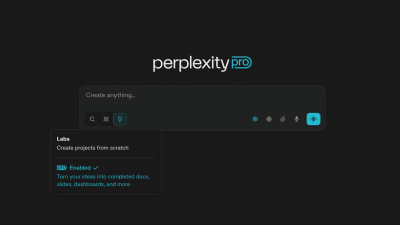Hiroshima Day 2024: All you need to know—date, history, significance, and more
Hiroshima Day on August 6, 2024: Know why we commemorate the tragic anniversary of the atomic bombing of Hiroshima in 1945.
 The 80th anniversary of Hiroshima is an opportune moment for the world, both political leaders and civil society, to review the challenges to the nuclear taboo which has held since August 1945 and to evolve new norms and treaty obligations.
The 80th anniversary of Hiroshima is an opportune moment for the world, both political leaders and civil society, to review the challenges to the nuclear taboo which has held since August 1945 and to evolve new norms and treaty obligations.Hiroshima Day 2024, August 6: Hiroshima Day observes the tragic anniversary of the atomic bombing of Hiroshima, Japan, by the United States during World War II in 1945. The bombing resulted in the deaths of tens of thousands of people, and its aftermath had long-lasting effects on the survivors and the city itself.
This day serves as a melancholic reminder of the devastating impact of nuclear weapons and the importance of working towards a world free of such threats. In addition to being a day of remembrance for the lives lost, it’s also a time to reflect on the humanitarian consequences of nuclear warfare.
Highlighting the importance of peace, disarmament, and international cooperation, here is all you need to know about Hiroshima Day, what happened in history, and the significance behind marking this day.
Hiroshima Day 2024: Date and Origin
Hiroshima Day, observed annually on August 6, marks the tragic anniversary of the atomic bombing of Hiroshima, Japan, by the United States during World War II in 1945. This year, in 2024, it will fall on a Tuesday.
 Japanese Prime Minister Fumio Kishida tweets on Hiroshima Day 2024. (snapshot)
Japanese Prime Minister Fumio Kishida tweets on Hiroshima Day 2024. (snapshot)
Marking the atomic bombing of Hiroshima, Japan, on August 6, 1945, by the United States during World War II, the bombing, conducted by the B-29 bomber Enola Gay, nicknamed “Little Boy,” exploded approximately 600 meters above Hiroshima, unleashing an intense blast wave, searing heat, and deadly radiation.
It instantly killed approximately 70,000-80,000 people, with tens of thousands more succumbing to injuries and radiation exposure, the city’s infrastructure decimated, and survivors, known as Hibakusha, faced long-term health issues and severe psychological trauma.
On August 9, 1945, the U.S. dropped a second atomic bomb, “Fat Man,” on Nagasaki. This event marked the first use of nuclear weapons in warfare and led to Japan’s surrender on August 15, 1945, effectively ending World War II.
Hiroshima Day 2024: Significance and Theme
Hiroshima Day is marked by ceremonies and events to remember the victims and promote peace and nuclear disarmament, serving as a crucial educational opportunity to raise awareness about the devastating consequences of nuclear warfare.
This year, Hiroshima Day will be highlighting and amplifying their focus on: “Together with the Hibakusha, let us achieve a nuclear weapon-free, peaceful, and just world—for the future of humankind and our planet.”
It fosters a global dialogue on the ethical and moral implications of using such weapons, advocating for the necessity of peace and conflict resolution, and inspiring collective reflection and action towards a future free from the threat of nuclear annihilation.
Events held on Hiroshima Day, such as peace marches, educational seminars, and memorial services, engage communities worldwide in a shared commitment to nuclear disarmament and the promotion of global peace.
79 years ago, a nuclear weapon devastated Hiroshima.
But nuclear weapons, and the threat of their use, are not confined to history books.
They represent a real and present danger.
We must not forget the lessons of 6 August 1945.
— António Guterres (@antonioguterres) August 5, 2024
Through these activities, Hiroshima Day reinforces the importance of remembering the past to build a safer and more just world for future generations.
- 01
- 02
- 03
- 04
- 05































